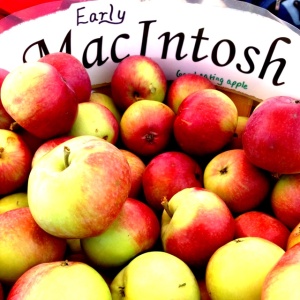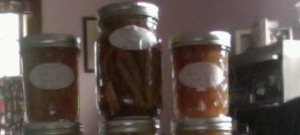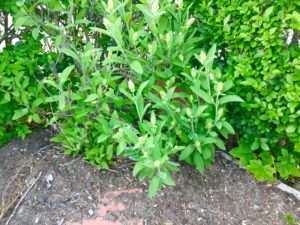My life isn’t something I brought into existence. My DNA is a gift from my mother and father, who received theirs from their parents. I am one branch of a living vine joining the past of my ancestors to the lives of my children, nieces and nephews, and beyond.
The same is true for you. You came from somewhere and someone. But these genetic strands linking us to some and not others are not all there is to us: the most fundamental truth I know is that we are all God created and God related. We are incarnated with specific genes, in particular families, but our primary identities reside in the love and creative power of God. Our genetic dust will return to the ground, but our true selves will return to God.
It is the love of God that defines us, and endows us with gifts to serve others. It’s a good thing for us to ponder. It’s so easy to idolize David: he both accomplished much and failed spectacularly. But he wasn’t self-made; at his best, he joyfully embraced his God-given and sustained life.
We won’t be modern day Davids, and we aren’t supposed to be. We are created, talents and flaws, to be ourselves; God made us who we are for a reason. This verse is for us as:
See, I made him a witness to the peoples, a leader and commander for the peoples. [Isaiah 55:4, NRSV]




